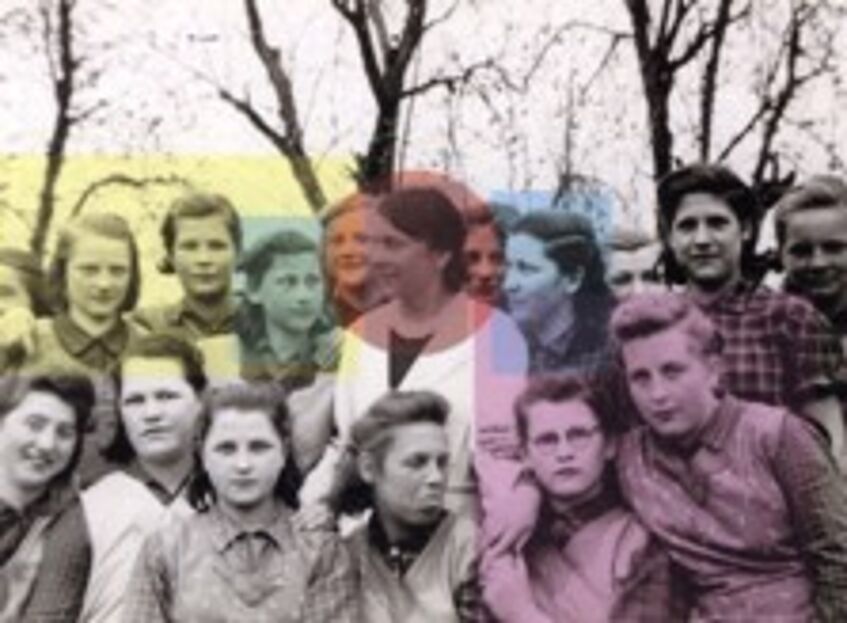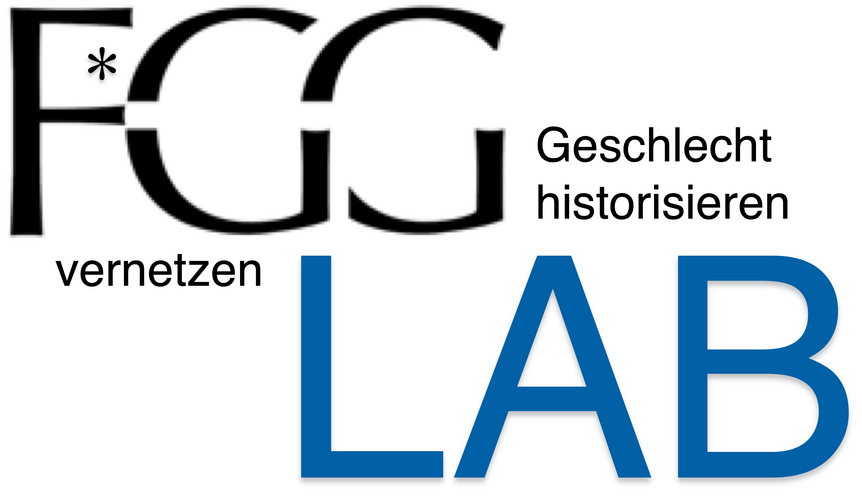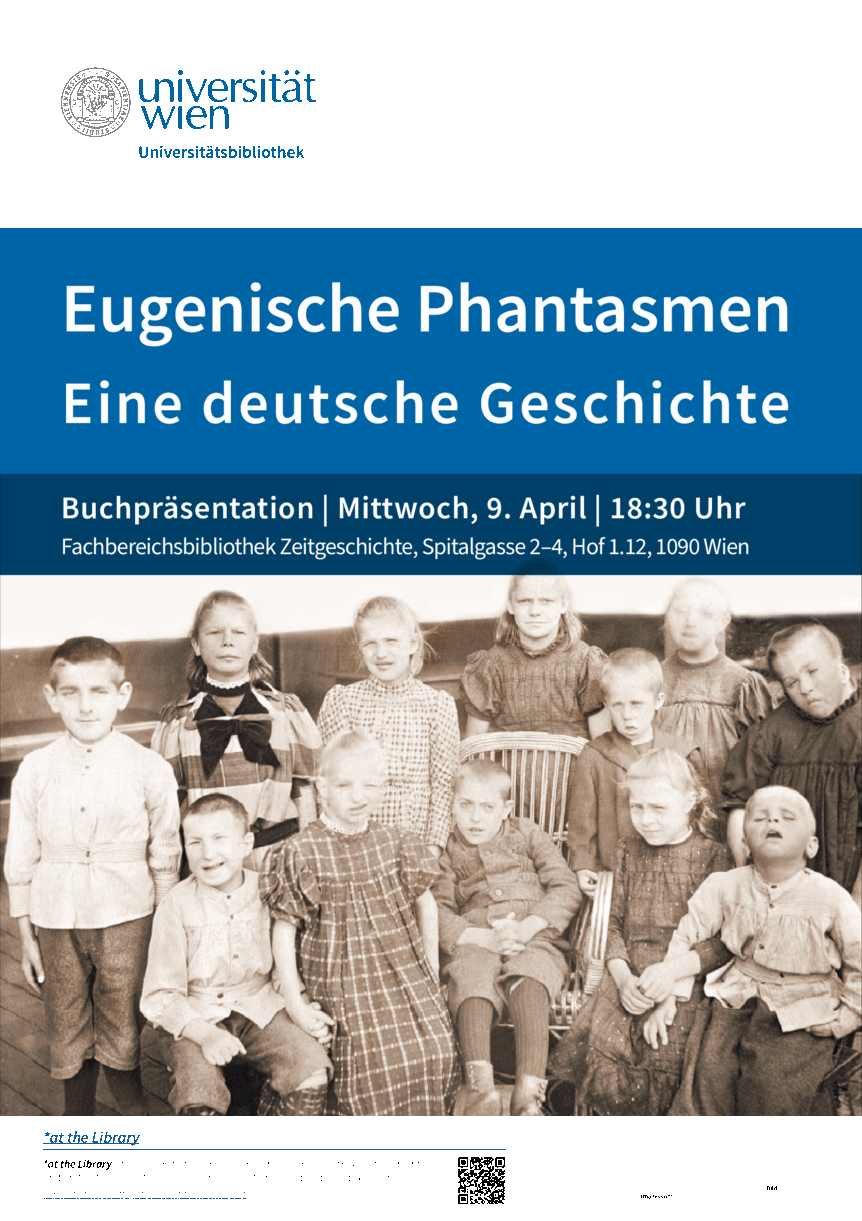Women's and gender history is an integral part and focus of research and teaching in contemporary history. The 20th century, which was marked by a high degree of physical violence, a variety of political caesuras and the antagonistic juxtaposition of competing social systems, is given a new perspective through a gender-historical lens. Historical objects of study that appear monolithic, such as genocidal violence, the world wars, National Socialism, "1968", "the consumer and media society" or "real existing socialism" can be examined with new questions in mind by consistently taking into account the category of gender, both for the practices of historical actors and for the dominant discursive orders in each case.
Gender is to be understood as one category, alongside others such as class, cultural and linguistic affiliations, religious denomination, dis/ability, sexuality or generation, that both conditions and legitimises social hierarchies. The task of women's and gender history is to reveal the historical development and thus the changeability of such categories and hierarchies and to understand them in an interdisciplinary networked perspective.
In the contemporary historical examination of global economic inequality, migrations, racisms and sexisms, antisemitism and colonial and postcolonial dependencies, societal regulations, institutional agreements, everyday practices and heteronormative discourses that contribute to the formation of asymmetrical structures are described in their historicity and changeability. This ranges from questions about the social division of labour and political participation to the analysis of social movements, institutions, media cultures, forms of living and sexualities, and to a critical examination of (natural) scientifically produced and legitimised notions of gender, gender difference and binary gender order. Studies that document and analyse historical negotiations of gender relations, studies on feminism as a transnational space for thought and action, and the biographical examination of previously little-known actors from different political and social contexts contribute significantly to our understanding of central developments of the 20th and 21st centuries.
Within a broad methodological and conceptual framework, contemporary history is thus made readable and negotiable beyond conventional caesuras, system-political demarcations and conflicts of memory politics.
As of 22-01-2024




